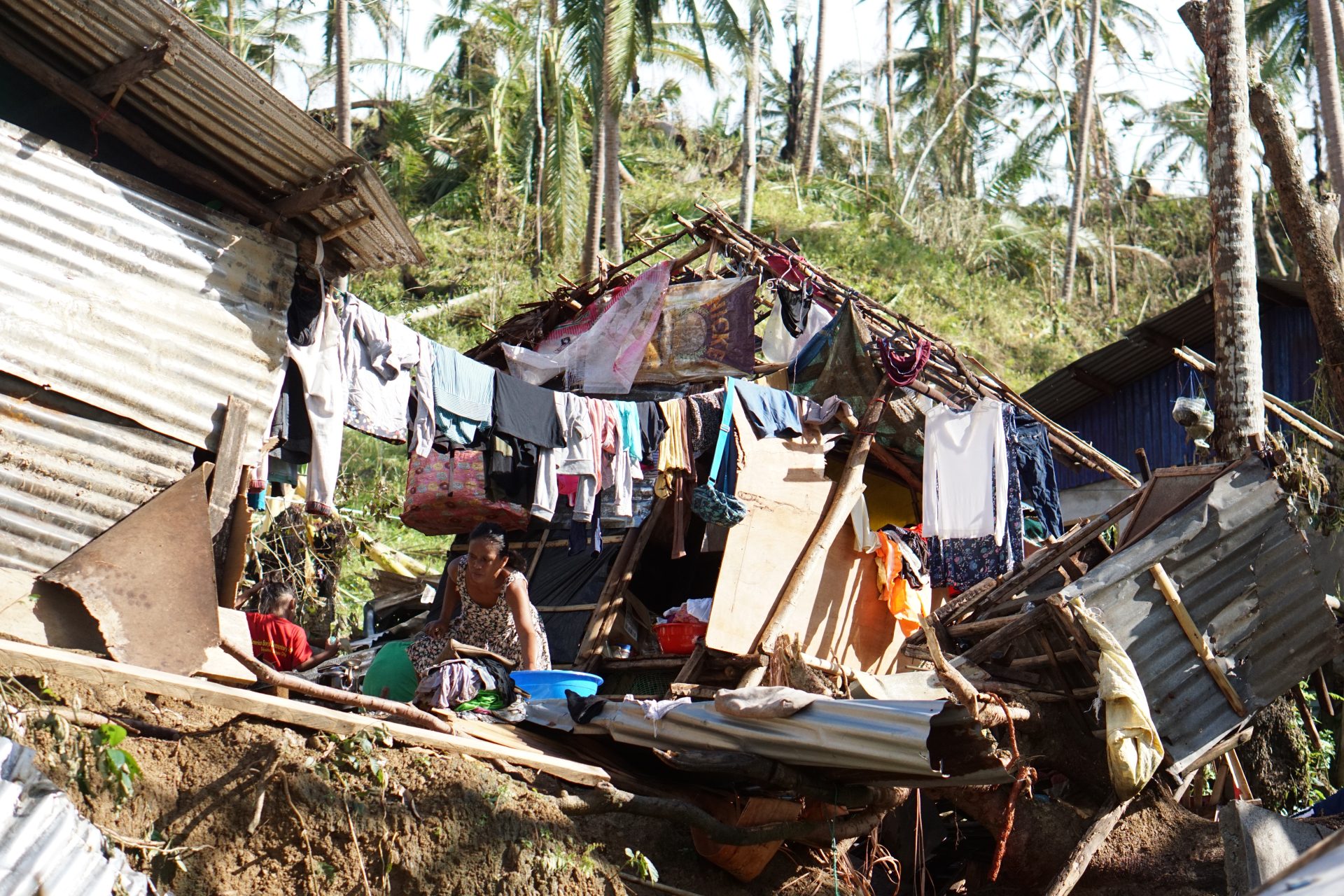A spike in dengue cases in typhoon-affected areas in the Philippines has alarmed aid agencies.
“There are also not enough health workers tending to COVID-19 response and other essential health services,” said Lot Felizco, country director of Oxfam in the Philippines.
The humanitarian organization on Friday, June 17, called for continued assistance for communities affected by super typhoon Rai in December last year.
“We hope the newly elected chief executives could continue efforts in helping households and communities,” said Felizco, adding that “there are still so many things that need to be done.”
The Philippines elected new national and local officials in May.
According to a report from the UN Office for the Coordination of Humanitarian Affairs, dengue cases rose in Southern Leyte and Caraga regions.
Media reports also mentioned an increase in dengue cases in Central Visayas with the Health department in the city of Cebu saying it was possibly due to the widespread flooding caused by the recent typhoons.
A surveillance report from the Center for Health Development in Caraga region showed that 867 dengue cases were reported from January 1 to May 14, 2022. It is 287.1 percent higher compared to the same period last year.
Felizco said they are seeing “a steep rise in dengue cases” in Surigao and Dinagat Islands, which are among the most affected by super typhoon Rai.
Celso Dulce, management director of CARE’s Integrated Risk Management, said civil society and government should continue supporting the typhoon survivors.
“While the death toll is fortunately not as high as super typhoon Haiyan’s in 2013, [Rai] deeply affected the livelihood and living conditions of survivors,” said Dulce.
Oxfam Pilipinas and CARE Philippines are among the groups that have received additional 10 million euros in funding from the European Union Humanitarian Aid (EU Aid) to facilitate life-saving assistance and rehabilitation efforts in areas hit by super typhoon Rai.
Another EU AID-funded project worth 3.8 million euros led by Oxfam Pilipinas and jointly implemented by Save the Children and Humanity & Inclusion, aims to provide shelter and education support, protection activities and other in-kind assistance to more than 115,000 typhoon survivors in Bohol, Southern Leyte, and Surigao del Norte provinces.
Despite the efforts, CARE Philippines said more assistance is needed in remote areas as survivors have received little or no support due to geographical and humanitarian barriers.
Six months since the typhoon devastated parts of the Philippines and with almost 7,000 people still displaced, aid agencies noted as a decline in food and nutrition support for displaced families.







